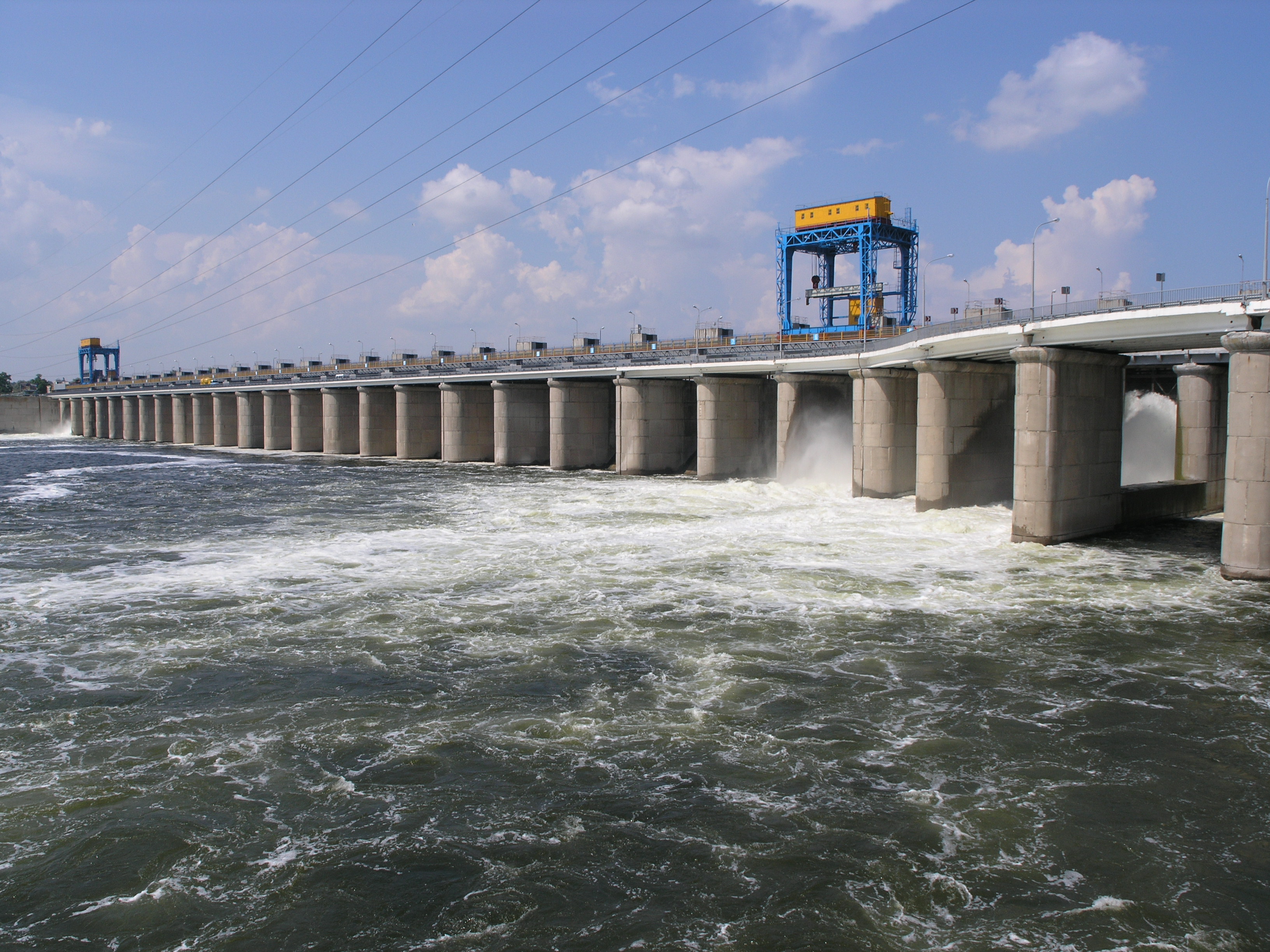Ukraine dam blast could threaten Crimean water supply, says top Russian official
Most of that water is used for agriculture, some for the Black Sea peninsula's industries, and around one fifth for drinking water and other public needs. Sergei Aksyonov, the Russian-backed head of Crimea, said on Tuesday there was no immediate threat to the peninsula's water supply or any risk of flooding due to the dam breach, but flagged a potentially serious threat ahead.

- Country:
- Ukraine
A gaping hole punched in Ukraine's Nova Kakhovka Dam that unleashed a wall of floodwater risks lowering the water level of the canal which has traditionally met most of Crimea's water needs, its top Russian-backed official warned on Tuesday. Russia and Ukraine have blamed each other for the breach at the Russian-controlled dam, an event which coincided with intensified efforts by Kyiv to retake territory seized by Russian forces.
Unverified videos on social media showed water surging through what was left of the dam which straddles the Dnipro River and is part of a complex that includes an enormous reservoir of the same name which holds a volume of water - 18 km 3 - roughly equal to the Great Salt Lake in the U.S. state of Utah. The reservoir feeds the Soviet-era North Crimean Canal - a channel which has traditionally supplied Crimea, which Russia annexed in 2014, with 85% of its water needs. Most of that water is used for agriculture, some for the Black Sea peninsula's industries, and around one fifth for drinking water and other public needs.
Sergei Aksyonov, the Russian-backed head of Crimea, said on Tuesday there was no immediate threat to the peninsula's water supply or any risk of flooding due to the dam breach, but flagged a potentially serious threat ahead. "There is a risk that the Northern Crimean Canal will get more shallow," he said, an event that could reduce water supplies in time.
For now though he said that Crimea's reservoirs were filled to about 80% capacity and that the Northern Crimean Canal currently held around 40 million cubic metres of water. "There is more than enough drinking water. Efforts are underway to minimise water losses in the canal," Aksyonov said in a statement on the Telegram messaging application.
The coming days would allow officials to get a clearer picture of what was happening and the risks, he said. WATER GEOPOLITICS
The canal was blocked by Ukraine after Russia's annexation of Crimea in 2014, something which led to acute water shortages on the peninsula that ended only after Russian forces seized the canal when they invaded on Feb. 24 last year. Russian officials cited restoring access to the canal as one of the advantages of what Moscow still calls its "special military operation" in Ukraine.
The Kremlin said on Tuesday that Russia had taken measures to alleviate Crimea's water supply problem before access to the canal was restored, meaning there was now "a margin of safety." Mikhail Razvozhaev, the Russian-installed governor of the Crimean city of Sevastopol, the headquarters of Russia's Black Sea Fleet, played down any immediate threat to water supplies.
"Water supply to the city will not be affected by damage to the Kakhovskaya hydro-electric power plant in any way. The city uses its own reservoir, water reserves are at a maximum, and there are also reserve sources of water supply," he said on Telegram. Razvozhaev predicted Ukraine would try to "sow lies and panic" about the situation and told city residents to trust only official sources of information.
In November of last year - when both Moscow and Kyiv accused each other of plotting to blow up the dam - Vladimir Konstantinov, a top Russian-backed official in Crimea, said the peninsula had enough water in its own reservoirs when they were full to meet its needs for two years even if it didn't rain. He said however that the Russian-backed authorities were relying on the canal as "a source for Crimea's development."
Before the war, President Vladimir Putin and other top officials held frequent meetings on Crimea's water problems, trying to devise plans - from drilling wells to building desalination plants - that would allow the peninsula to become fully autonomous when it came to its water supply.
(This story has not been edited by Devdiscourse staff and is auto-generated from a syndicated feed.)










